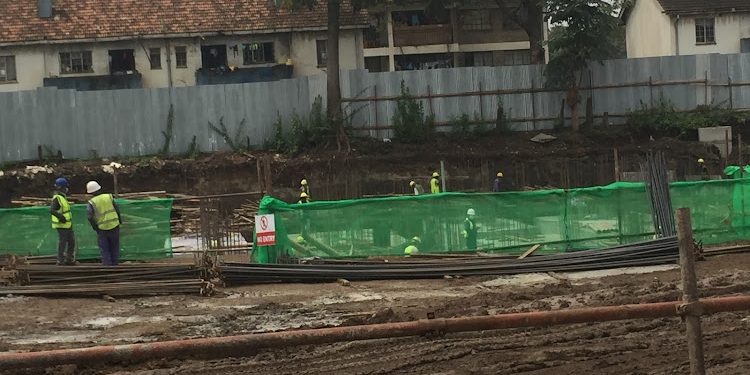The Qolweni Phase 3A 169 housing development in Plettenberg Bay, has made significant progress since it was handed over to the Western Cape Department of Human Settlements (WCDoHS) by the Bitou Municipality on 18 June 2021.
This project, which was approved in October 2019 has been met with many challenges and disputes alike, which also included litigation. This led to various delays in the commencement of construction. The project has a budget of R33,5 million, which excludes professional fees. It is envisaged to be concluded during the 2022/23 financial year.
Among commendable progress is:
- The contractor, Ruwacon was appointed in August.
- A sod turning occurred on 30 August 2021 to officially launch the project.
- Foundation excavation on 8 units have been completed and ready for concrete.
- A Project Steering Committee (PSC) has been established with the assistance of the Bitou Municipality. This PSC consists of provincial and municipal officials and concerned groups and beneficiaries from Qolweni. Three meetings have already occurred over the last two months.
Read: Minister Mchunu meets with The Executive Mayor of Cape Town Over Deplorable Sewage Conditions
According to minister Simmers, this project is an almost perfect yardstick to show what can be achieved when you have a government that is committed to working for and with its people.
“We made a commitment to this community and it is clear for all to see that we’re adhering to it. I’d also like to thank the broader community for the manner in which they’ve supported us during this period. Our trust is that this excellent cooperation will continue, as we want to ensure that the lives of the most vulnerable in this community is improved. We also commit to remain transparent, as it has already proven to remove stumbling blocks and assist with resolving challenges.
As the Western Cape Government, we remain committed to accelerating human settlement delivery, while promoting social inclusion through the development of integrated, resilient, safe and sustainable human settlements in an open opportunity society.”







